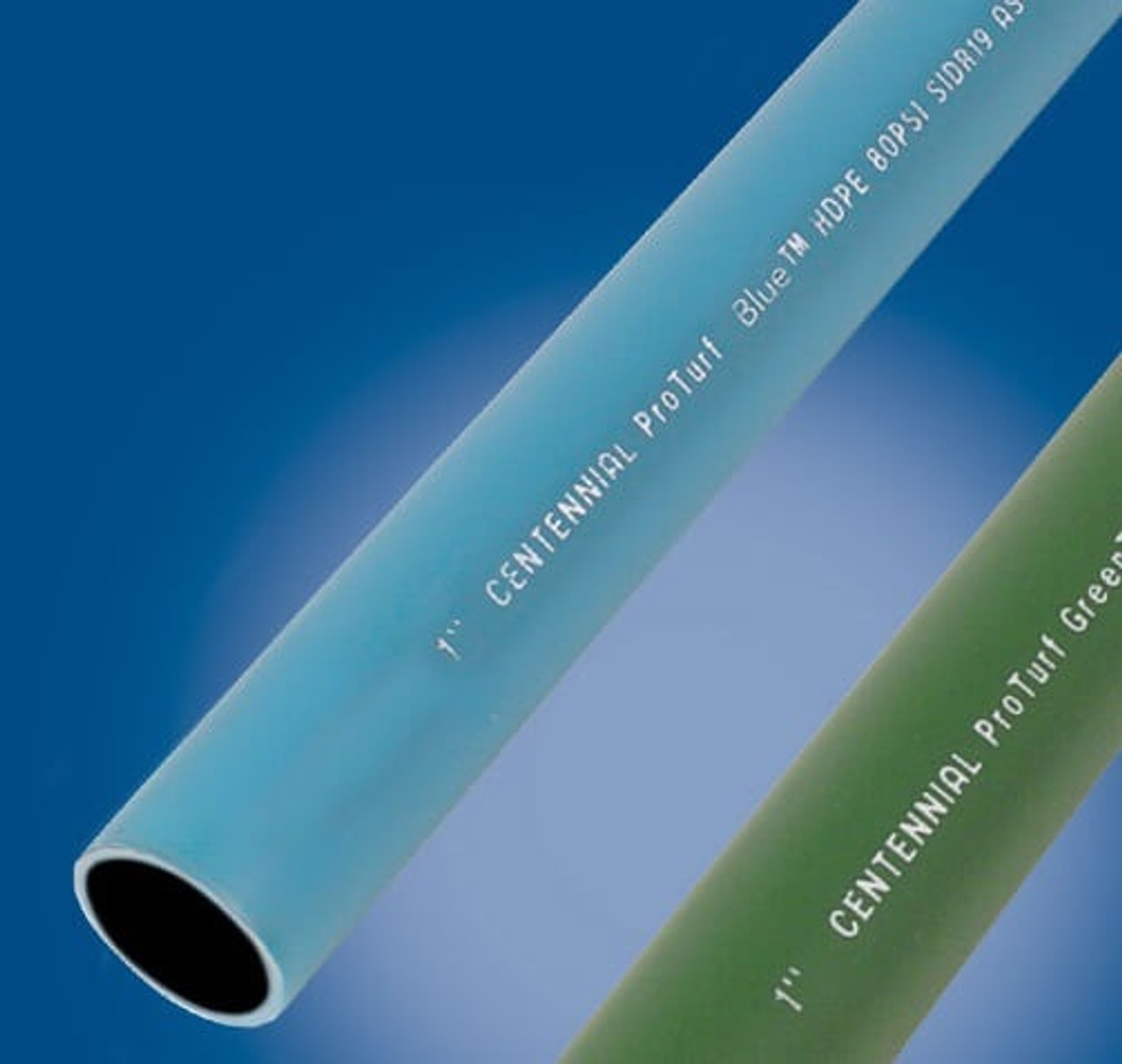custom hdpe pipe manufacturing Midland TX: Innovations Shaping the Market
Understanding the Trick Perks of HDPE Pipe for Water and Wastewater Administration
Using HDPE pipeline in water and wastewater monitoring offers many benefits that warrant factor to consider. Its exceptional durability and lengthy life expectancy make it a preferred selection for lots of projects. In addition, the product's resistance to corrosion and chemical damages improves its reliability in numerous environments. Nonetheless, the advantages extend past just long life and resistance. Discovering its cost-effectiveness and environmental influence exposes a lot more engaging factors for its extensive fostering in contemporary framework
Extraordinary Durability and Durability

HDPE pipeline sticks out for its extraordinary durability and longevity, making it a favored selection in water monitoring systems. Constructed from high-density polyethylene, these pipes can stand up to substantial pressure and stress, making certain reliable performance in time. Their robust nature enables them to withstand severe ecological conditions, including temperature level variations and dirt movements, which can cause other products to stop working.
The life-span of HDPE pipes frequently exceeds 50 years, offering an affordable option for communities and markets alike. Furthermore, the material's lightweight residential or commercial properties simplify installation, decreasing labor expenses and timeframes. This sturdiness reduces the requirement for frequent repair services or substitutes, better improving its financial allure.
In water management applications, the dependability of HDPE pipelines suggests fewer interruptions and improved service connection, making them essential to lasting framework growth. The combination of toughness and durability strengthens HDPE's function as a keystone in efficient water monitoring remedies.

Resistance to Corrosion and Chemical Damage
While several products catch deterioration and chemical damage in time, HDPE pipes show exceptional resistance, making them optimal for numerous water monitoring applications. This resilience originates from the molecular framework of high-density polyethylene, which is naturally non-reactive and does not rust like steels or deteriorate from direct exposure to extreme chemicals. Therefore, HDPE is extremely effective in settings with aggressive substances, such as wastewater systems that might contain acids, bases, and organic solvents.
In addition, HDPE pipelines can hold up against ecological elements such as dirt acidity and saline problems, even more boosting their viability for varied applications (Pipe Supplier American Plastics Midland). Their capability to preserve structural honesty with time decreases the threat of leaks and failings, which is important in ensuring the safety and integrity of water distribution and wastewater management systems. The resistance to rust and chemical damages substantially adds to the total effectiveness and durability of HDPE piping remedies.
Cost-Effectiveness and Economic Benefits
When taking into consideration the economic implications of water administration systems, the cost-effectiveness of HDPE pipes comes to be obvious. These pipes use reduced installment and upkeep prices compared to conventional products like metal or concrete. Their light-weight nature streamlines transport and installment, leading to lowered labor expenditures. Additionally, HDPE pipes exhibit a long life expectancy, often exceeding 50 years, which translates to fewer substitutes and long-term financial savings.
Additionally, the resistance of HDPE to rust and chemical damage reduces the requirement for expensive repair website work and replacements. The pipes also sustain reliable water circulation, lowering power expenses connected with pumping systems. By alleviating leaks and water loss, HDPE pipes add to substantial financial advantages for communities and markets alike. In general, the initial financial investment in HDPE piping can generate significant economic returns over the life expectancy of the water administration system, making it a sensible option for sustainable framework growth.
Ecological Sustainability and Decreased Impact

Convenience and Adaptability in Setup
Due to the fact that of their one-of-a-kind buildings, HDPE pipelines provide remarkable flexibility and adaptability in setup, making them suitable for a large range of applications. Their light-weight nature allows for less complicated handling and transportation, lowering labor expenses and installment time. HDPE pipes can be bent and shaped to fit numerous terrains and job requirements, which is especially valuable in testing environments.
Furthermore, their resistance to deterioration and chemical damage permits for installation in diverse setups without the need for specialized safety coatings. The capacity to fuse joints creates a constant, leak-free system, boosting the overall stability and integrity of the installation. HDPE's flexibility likewise suits ground movement, minimizing the threat of damage in areas vulnerable to shifting soil. Generally, these characteristics make HDPE pipelines not just versatile but additionally a preferred option for water and wastewater monitoring systems.
Frequently Asked Concerns
Just How Does HDPE Pipe Compare to PVC in Water Monitoring Applications?
HDPE pipeline offers superior versatility, resistance to deterioration, and sturdiness contrasted to PVC. Its lighter weight facilitates simpler installment, while its long lifespan minimizes substitute prices, making HDPE a preferred option in water administration applications.
What Is the Life-span of HDPE Piping Under Regular Problems?
Under regular problems, HDPE pipelines can have a life-span varying from 50 to 100 years. Their longevity and resistance to corrosion add to their long-term performance in numerous applications, making them a reputable choice for infrastructure.
Are HDPE Pipes Recyclable After Their Solution Life?
Yes, HDPE pipelines are recyclable after their life span. Midland TX HDPE Pipe Fittings in Stock. They can be refined and repurposed into brand-new items, substantially lowering ecological effect and promoting sustainability within the industry, making them a green choice for piping services
What Is the Setup Process for HDPE Piping?
The setup process for HDPE pipelines includes site prep work, trenching, pipe blend or mechanical joining, backfilling, and stress testing. Proper strategies guarantee a durable and reliable system for transporting water and wastewater successfully.
Can HDPE Pipeline Be Made Use Of for Both Drinkable and Non-Potable Water Equipments?
Yes, HDPE pipes can be used for both drinkable and non-potable water systems. Their convenience, longevity, and resistance to deterioration make them suitable for numerous applications, guaranteeing secure and effective transportation of water in different contexts.